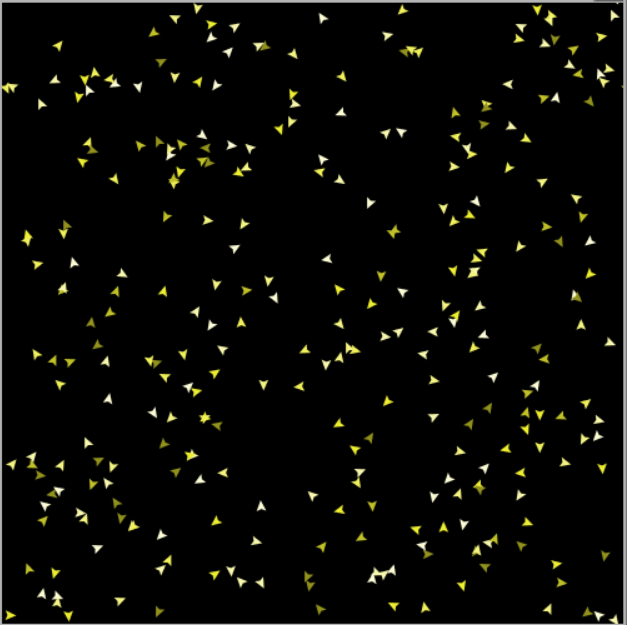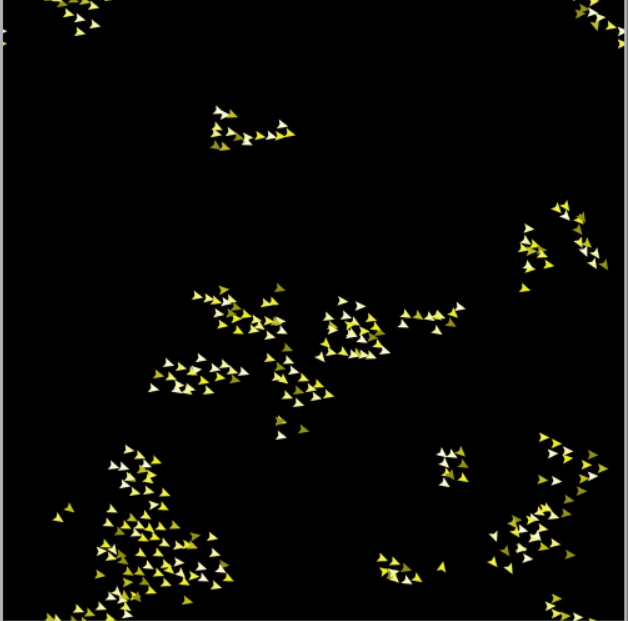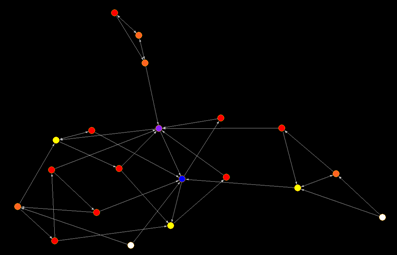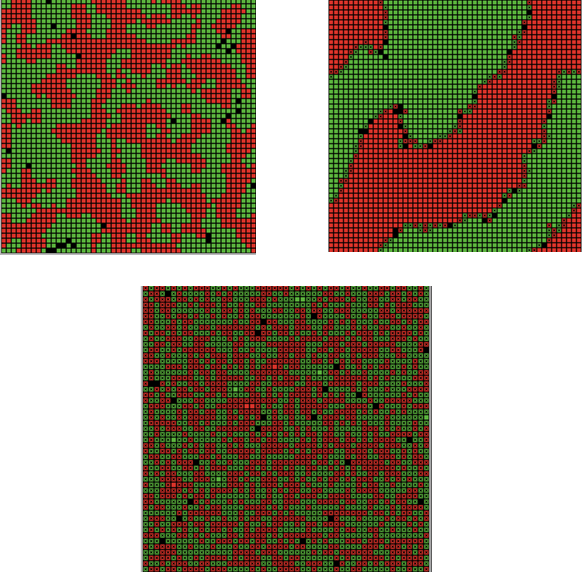CMAC is dedicated to a non-partisan, collaborative, and interdisciplinary research approach. Our research teams employ computational models, data analytics, historical interpretation, philosophical analysis of concepts and other methods to generate practical answers to the challenges confronting us. CMAC researchers rely on extensive collaboration to implement this leading-edge research, training, and public education.
Non-Partisan
As a non-partisan organization, CMAC does not take normative positions on the phenomena we study. We aim to understand rather than judge. We believe in the power of data to inform policy, untangle ideology, and understand spirituality. CMAC does not represent, endorse or promote any political, ideological, or spiritual practices or beliefs.
Collaborative
We gather experts from diverse fields of study into problem-focused teams, discovering how to make headway on the previously intractable, extraordinarily complex, and deeply frustrating problems we face today. The conversations that drive our research represent diverse perspectives that result in research findings that are compelling to diverse audiences. CMAC aims to form a community of impassioned, engaged, and uniquely talented people, dedicated to thinking differently.
Interdisciplinary
CMAC research reaches across disciplinary lines to think critically, creatively, and comprehensively about important and thorny issues. Our researchers rely on integrated, multi-dimensional research methods to identify and evaluate answers to questions that matter. We integrate insights and methods from various disciplines to ensure our work is equally cognizant of nature and nurture, thereby creating a balanced approach to researching urgent social issues.
Research Methods
Fueling our research projects is a non-traditional combination of methods, bridging the gap between the sciences and humanities for a comprehensive understanding of the world around us. CMAC builds innovative tools and generates solutions by incorporating approaches based in complexity, combining quantitative & qualitative methods, and modeling & simulation.
Complexity
Research on complex systems has revolutionized a wide variety of fields, from thermodynamics and ecology to public health and neuroscience. At CMAC, we focus on the role of complexity in social systems, such as the interaction between psychological, cultural, and sociological factors that lead to religious change, immigrant integration or extremist violence. We account for the attitudes, norms, and experiences shaping the decisions of individuals, which in turn shape societies.


After developing formal or abstract models of the different variables and layers involved in a process, we utilize simulation or data analysis in order to test and sharpen our assumptions. Complex systems hover on the boundary between order and randomness, so simulation is invaluable for conceptualizing the range of different possibilities and getting a handle on the power of starting conditions. By treating the systems of this world through the lens of complexity, we can begin to see the simpler rules and ideas that can empower agents of change to make a more long-term difference.
Quantitative & Qualitative Methods

We use a mix of qualitative and quantitative methods across our research, such as survey-based data, ethnographies, psychological experiments, and social network analysis. At CMAC, our mission is to develop new tools to quantify and measure complex facets of social life, and this should give you a few insights into how we test and refine our nets before casting them into the ocean of human experience.
Quantitative research always entails an ongoing tug-of-war between theory and data. Developing questionnaires and interpreting factor analyses is only productive when it is grounded in a clear set of ideas and hypotheses that are connected to a larger body of research. Qualitative research is a valuable tool for mapping relationships and understanding human identities. This enables us to understand complex systems, giving order and then meaning to the dynamics that define cultures.
Modeling & Simulation
The development of increasingly advanced computers is perhaps the most important factor for the transformation of scientific research over the last century. Basic training in almost every field of the natural sciences today requires some knowledge or understanding of simulation, and the behavioral and social sciences are not far behind.
We use system dynamics modeling when the number of variables or the complexity of their relationships is too difficult for us to try to analyze or interpret on our own. This can help us clarify ideas about relationships and test the entanglement between combinations of variables until we discover what structure most closely resembles the world we are trying to understand.
Agent-based modeling is a form of computer simulation that programs groups of “agents” with certain behaviors, goals, and ideas and then measures or observes the effects of those particularities at the macro level. This approach is never intended to fully replicate the tapestry of human experience in all its gloriously messy complexity. But it is a powerful means for testing our assumptions and investigating how the orders and patterns of social life emerge from simple rules and simple goals. We believe that agent-based modeling is an invaluable tool for anyone pursuing an empirical and scientific approach to culture and society.


